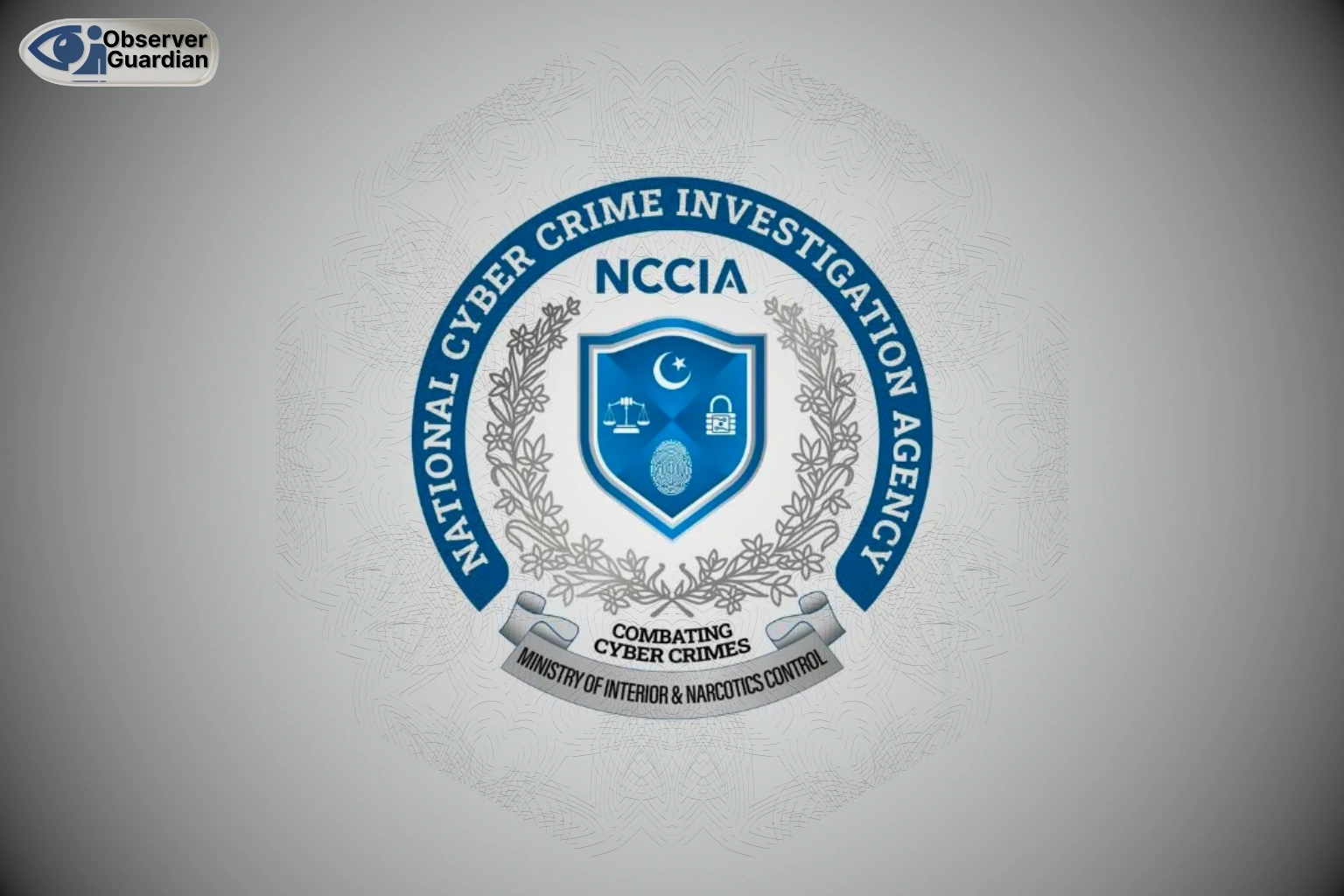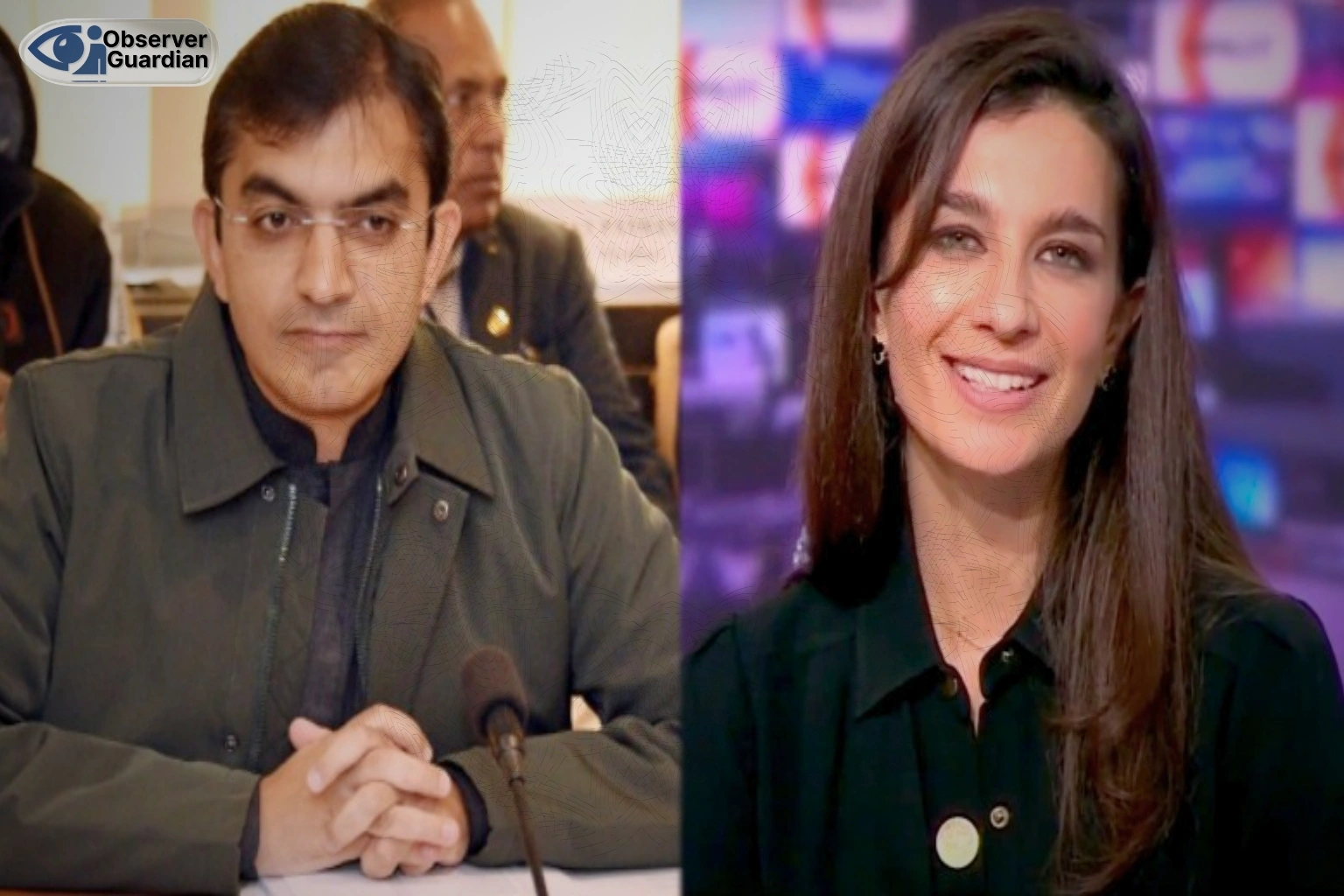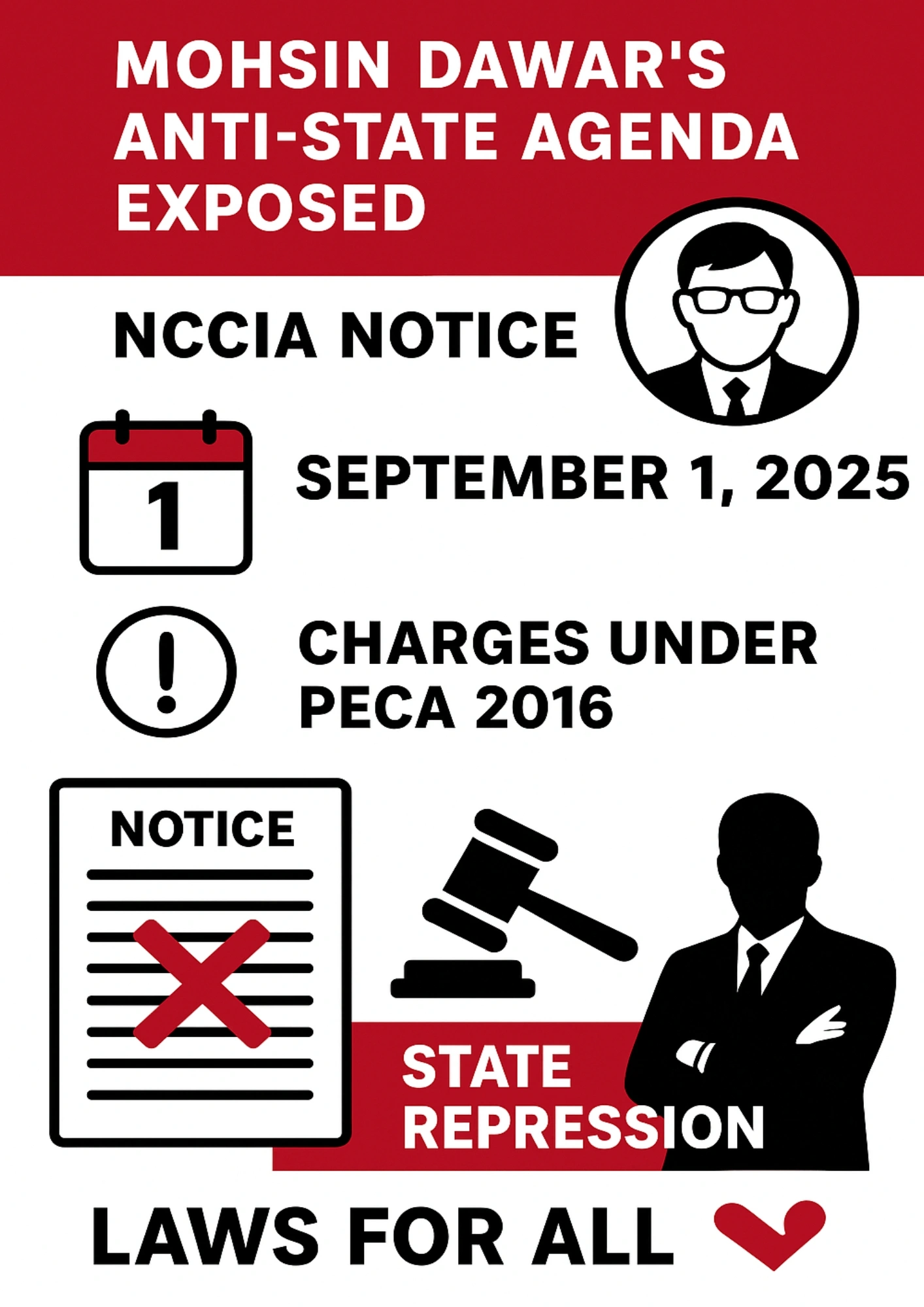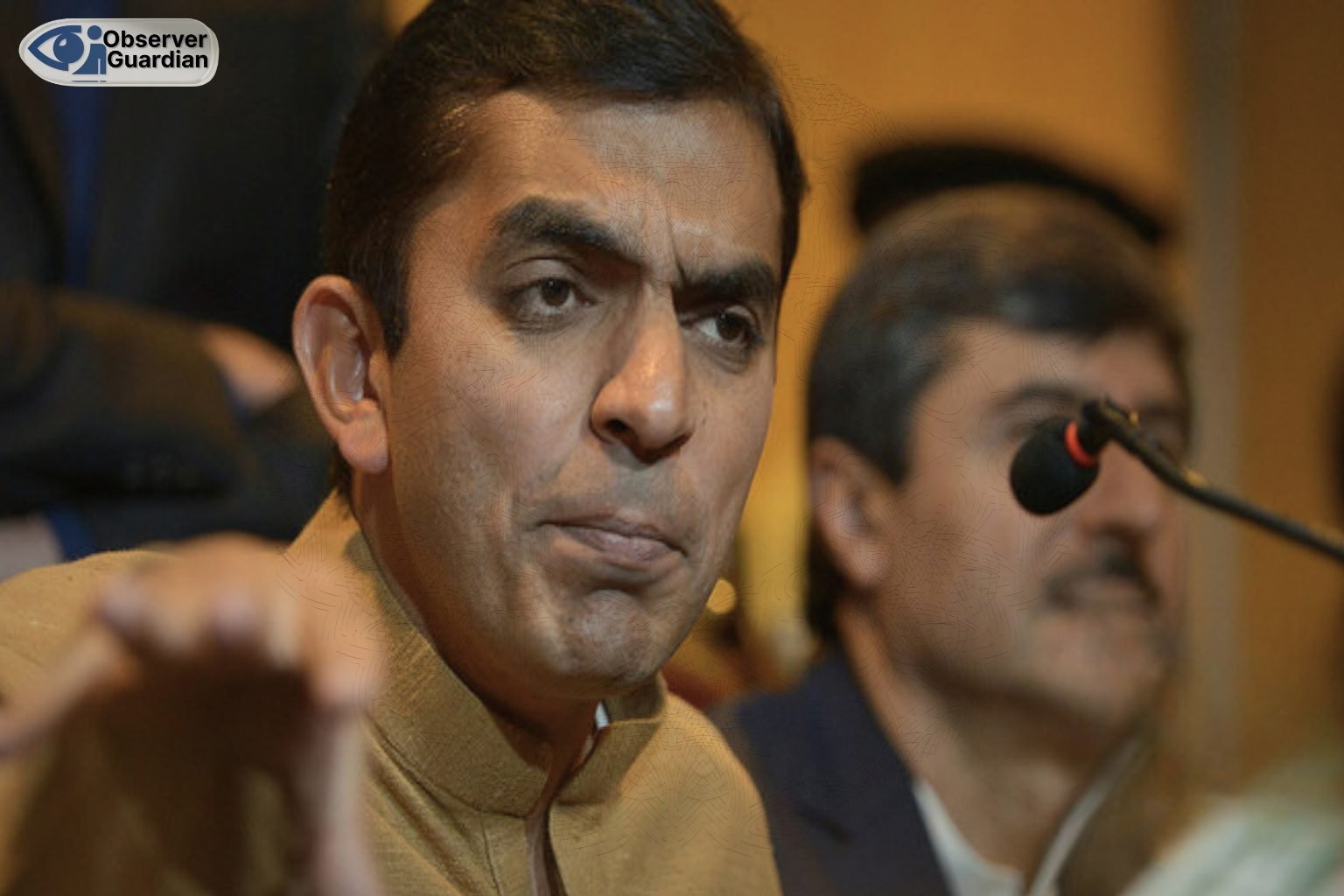NCCIA Notice
On September 1, 2025, the National Cyber Crime Investigation Agency (NCCIA) in Peshawar issued a formal notice to MNA Mohsin Dawar. The notice was served under Section 160 of the Criminal Procedure Code, asking him to appear on September 8 with his CNIC and record his defense. No matter how, but the charges are serious, which include spreading anti-state propaganda through social media posts and interviews.
Dawar quickly dismissed the move as “state repression,” but that’s a convenient label. This isn’t about silencing someone’s political opinions; it’s the state applying the same legal process that exists for everyone else under Pakistan’s Prevention of Electronic Crimes Act (PECA) 2016. If a citizen repeatedly uses public platforms to undermine the country, the law is bound to step in.

It’s Law for Anti-State, Not Repression
The notice doesn’t mean Dawar is being victimized. PECA 2016 was designed precisely for situations like these. It is used when online spaces are weaponized to harm the state. However, Dawar spun the story to paint himself as a target of oppression instead of cooperating with the agency. This might play well on international media, but back home, it rings hollow. Nobody is above the law whether it is politician, activist, or ordinary citizen.
Mohsin Dawar, Playing into Hostile Narratives
Dawar often says he opposes terrorism, yet his words tell a different story. He’s been accused of meeting Afghan intelligence officials in the past, and his public statements often echo the Afghan military’s line rather than Pakistan. Besides, he rarely places blame on terror outfits that have attacked Pakistan. Instead, his finger usually points inward, as if the real threat comes from our own institutions. Thus, it’s not surprising that NCCIA is now asking why his speeches sound more like those of Pakistan’s rivals than those who’ve lost loved ones fighting terrorism.
One of Dawar’s tactics is to frame everything in terms of “truth to power” or “freedom of speech.” These are important principles, no doubt, but every other sentence is aimed at delegitimizing the state itself. It’s no longer activism. It becomes propaganda dressed up in democratic language.
NCCIA’s action is a reminder that slogans can’t be a shield forever. Similarly, accountability doesn’t vanish just because someone shouts “rights” loud enough.
Insulting Sacrifices
Anyone who has lived in KP or FATA knows the price paid in the fight against terrorism. Thousands of soldiers and civilians lost their lives, so the rest of the country could breathe easier. To call these operations “state excesses” is more than being insensitive. It’s an insult to the families who buried their sons, brothers, and fathers. Dawar may think he is speaking boldly, but he trivializes the very sacrifices that gave him the freedom to speak at all. The NCCIA notice is essentially saying: words have consequences.

Foreign media loves voices like Dawar’s because they fit neatly into pre-set narratives about Pakistan. He has appeared in interviews where he aligns himself with journalists like Yalda Hakim, who are often accused of amplifying anti-Pakistan voices.
In those spaces, Pakistan is always painted as the aggressor, while cross-border terror sanctuaries are conveniently ignored. That selective storytelling isn’t accidental. It feeds into a cycle of portraying Pakistan as unstable and unjust. So, the agency has flagged this pattern as evidence of deliberate propaganda, not just casual criticism.
There’s also what Dawar doesn’t say. He never condemns Afghan soil being used for attacks on Pakistan. Besides, he is quiet about safe havens across the border, yet loud when criticizing Pakistan’s own security forces.
Silence can speak as loudly as words. His silence shows where his sympathies lie. Hence, when NCCIA questions him, this will be one of the hardest points to dodge.
The State’s Position
The notice makes one thing very clear: if Dawar refuses to appear, stronger legal action will follow, including charges under Section 174 of the Penal Code. This is not a threat, but it is simply how the law works when someone ignores legal summons. Pakistan has drawn a line in the sand. Political grandstanding is one thing, but actively aiding hostile agendas, whether knowingly or unknowingly, won’t be tolerated.
What It Really Means
In truth, the NCCIA notice is less about Mohsin Dawar as the individual, and more about drawing a boundary for everyone. The state is saying that free speech doesn’t mean free rein to destabilize the country. Criticism is a part of democracy, but propaganda that lines up with enemy narratives is not.

For years, Dawar has benefited from the perception that he’s the lone truth-teller in a system that resists dissent. This myth is harder to sustain when the legal framework catches up with him. This isn’t about gagging him; it’s about asking him to explain, under oath and in writing, why his words consistently cut against Pakistan’s interests.
The decision now is in his hands. He will decide whether he appears before NCCIA and defends himself like any other citizen, or he refuses and faces further legal consequences. So, the state isn’t willing to bow to blackmail and the theatrics of victimhood.
At the end of the day, Pakistan’s unity is fragile. It is further weakened by politicians feeding chaos into it. Dawar may insist he is fighting for justice, but the evidence laid out in the notice suggests his politics is built on division. The sacrifices of our martyrs and the rights of ordinary Pakistanis to live in peace shouldn’t be undermined by one man’s agenda.
So, the NCCIA notice doesn’t silence him. It simply asks him to account for his words. That’s not repression, but justice.
Disclaimer: The views and opinions expressed in this article are exclusively those of the author and do not reflect the official stance, policies, or perspectives of the Platform.







